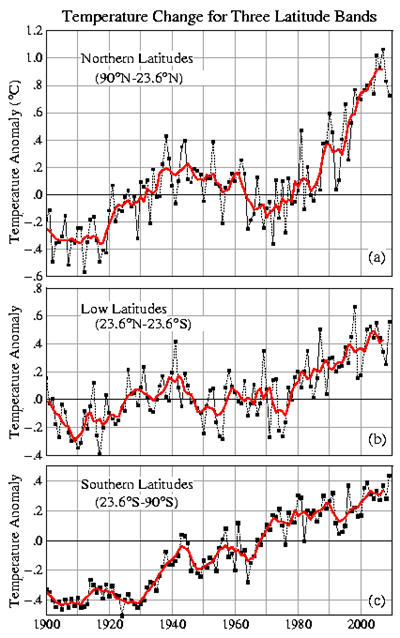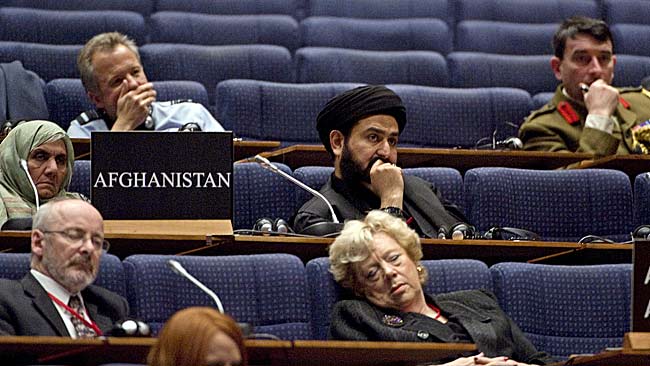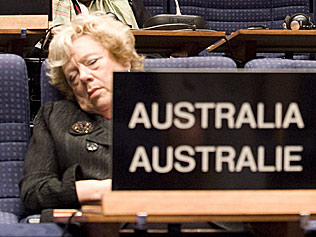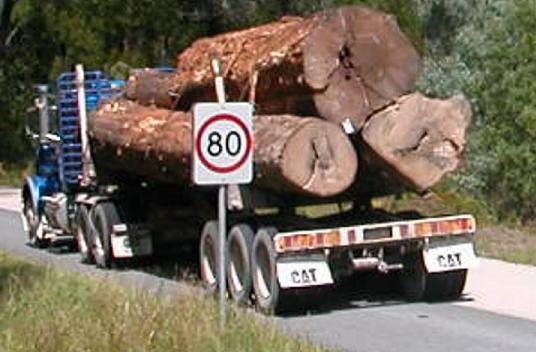Sunday tv talkies: Back to school for federal politicians unvarnished
Mood:
 chatty
Topic: aust govt
chatty
Topic: aust govt
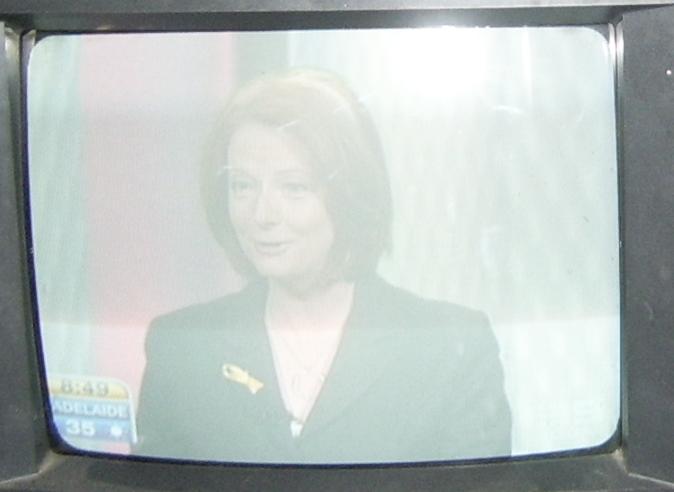
Author’s general introductory note
This is not a well packaged story. It’s a contemporaneous traverse of the Sunday television free to air political talkies indicating the agenda of Establishment interests: Better to know ones rivals and allies in Big Politics and Big Media. Perhaps the greatest utility is the headline synthesis above of the 3 or 4 shows followed in this session.
For actual transcripts and/or video feeds go to the programme web sites quoted including Riley Diary on 7. And note transcripts don’t really give you the image content value.
Other sources of pollie talkies on Sunday include SkyNews paytv Sunday Agenda, Radio National Monica Attard Sunday Profile show. And of course Sunday night shows SBS Dateline, Sixty Minutes and now Sunday Tonight on 7.
Media backgrounders.
1. Memorial for Black Saturday Vic bushfires, and Silly season officially over.
2. Paddy McGuinness – G Biz column continues to blaze the trail for depth of ecological economics business reportage every weekend in the Sydney Morning Herald.
3. SAM has been smacking down loggers in The Australian in the form of Gary Johns and redneck alliance.
4. TWS internal ructions will see a town hall meeting in Melbourne next week (12?).
5. SAM exposed the poisoned water hole creek evil history of murder of Blacks in the 19C, and fight for water in dying Murray Darling Basin as informing the pro development push in Cape York wild rivers today.
6. Even with the various ezines, we renewed our crikey.com.au subscription for 2 years.
7. SAM here pulls 31K January pageview stats (5 stories per page).
10 Meet the Press: 8- 8-30 am
Bonge in chair, opening is Abbott and Rudd re climate. Detour on economic discred of Opp esp Joyce, ethics of namecalling, twit Monkton, humour out take Abbott “first time nerves” [referring to his teenage years again?]
Adbreak with Irwin kids food product.
Panel Grattan in yellow glow (cool MG), Marius Benson. Opener on debt, says GFC. [really western FC].
Benson on 160 staff on ETS wasteful? LT refers to 1/3 artic tundra melting – have to act. One small fact. Grab of Abbott re 20B waste given GFC over. LT says equity issue.
MG re population at 36M, says real issue is bad planning. In favour of aiming big? Change migration rate – economics [so does support high immigration, high population].
Humour out take Kudelka climate donkey. Restart Black Saturday memorial day – Premier of Victoria Brumby. Normalcy? Loyalty to 3 levels of govt and reconstruction authority, rejects criticism. Indian victims of crime.
Meet The Press - Watch Political Video Online - Channel TEN.
Riley Diary 7, from 8.40am
Back to school, lots of Dr Evil themes. Hanson Young most gracious. Abbott as direct action man. Bearded lady sledge of frothing Joyce. Q&A re Abbott carbon plan, notes Abbott simplicity approach. Good value. http://www.seven.com.au/sunrise/weekend
9 Sunday newshour Laurie Oakes interview 8.44 am
Q&A of Riley cuts into start on climate. Gillard is talent. Notes Obama backing off, senate approach. Notes Abbott “crap” view. Back to senate.
Gillard has grey streak in her hair, and smart enough to know it. Suggesting gravitas, experience. Compensation for families in climate deal.
Rudd verbal sludge, black belt in boredom. Compared to Abbott. Disagrees with premise. Abbott punches through a simple message. JG says economic risk. Notes Costello would never have him as a deputy. Joyce as finance misjudgement by TA. TA Joyce risk all over them in the election.
As Ed minister – loyal to My School – says 110 schools will get more targeted assistance. On IR runs better than Opposition on Work Choices [3 years ago]. Says it will be the next election campaign too.
Hoist on petard of Rudd PM workers no disadvantaged, JG belt and braces. Gillard repeats guarantee, LO says Rudd flip flopping should be briefed.
http://news.ninemsn.com.au/oakes
Insiders 2: 9- 10am
Riley style action man package. With big hair rock music back to the school. MishaSchubert, Bolt, LenoreTaylor. Turnbull to cross the floor. Bolt sure this is irrelevant [wrong – 2 Lib senators].
Talent is Tony Abbott looking predatory, Rudd preface footage being very humble. $10B is the appropriate – says enough evidence to be prudent. Problem as conviction politician. Spinning climate is crap comment as scientific Not vast in terms of overall government budget. Frontier as short to medium term measure. Nothing wrong sensible medium term plan. Worried by Turnbull cross the floor? Not, everything changed after Copenhagen. Obama has plan B, Rudd doesn’t. Like Obama moving to direct action.
BJ mistakes acceptable – he will be barnstorming marginal seats over Rudd’s great big tax. 65 and 67 retirement ages unrealistic in battlelines – when? Says Lib policy longer productive lives, incentives.
Offshore processing of refugees, deter risky boat trips. Christmas Island over crowded. Strong enough deterent. And so on re climate costs. Barry grateful
Wine tasting Tas group in vox pop. Stupid comments about speedos.
Panel discussion on contrasting climate policy. Taylor reckons Abbott no chance of light green vote. Agreement ETS is problematic without other top 5 adopting, taking other action. Monckton as extremist. Role of media in fair reporting. Bolt agrees Joyce is a mistake. Finance is Mr Sober but Joyce is go for the throat. Damning footage of Joyce mixing billions with millions and trillions. Voter notes his terrible “flippancy”.
Talking pictures. Warren drinking a latte – very funny Monckton Fin Review David Rowe pieces. A toast – not very hygienic.
http://www.abc.net.au/insiders
Inside Business with Alan Kohler .
Climate policy sharp end – Yallourn brown coal MD for TruEnergy Inc Ian McIndoe is talent. Convert to gas? Pace for 10 to 20 year policy. Capitalism risk – why pay out now? Ans – affect foreign investors in future, need for changeover.
Super resource tax being discussed.
Refer http://www.abc.net.au/insidebusiness/
Posted by editor
at 10:29 AM EADT
